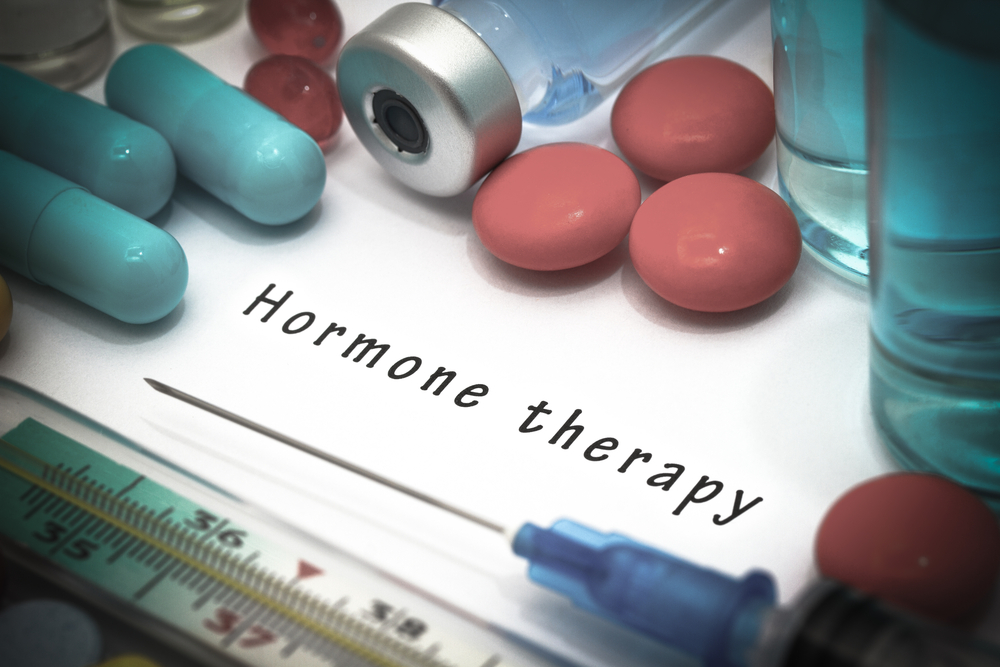When it comes to hormone therapy, a critical decision lies in choosing between synthetic and bioidentical hormones. Both options offer ways to address hormonal imbalances and promote well-being, but they have distinct characteristics and considerations. In this article, we’ll delve into the differences between synthetic and bioidentical hormones, helping you make an informed choice that aligns with your health goals.
Synthetic Hormones: The Engineered Solution
Synthetic hormones, as the name suggests, are artificially created in laboratories to mimic the effects of naturally occurring hormones. These compounds are not identical to the hormones your body produces. Common examples include synthetic estrogen and progestin, often used in hormone replacement therapy (HRT) for menopause management.
Pros:
- Standardized Dosing: Synthetic hormones are manufactured with precise dosages, allowing for consistent treatment.
- Controlled Effects: The effects of synthetic hormones can be more predictable due to their engineered nature.
- Availability: These hormones are widely available and may be covered by insurance.
Cons:
- Increased Side Effects: Synthetic hormones may have more pronounced side effects due to the differences between their molecular structures and natural hormones.
- Limited Personalization: Their standardized nature might not cater to individual variations in hormone requirements.
- Risk of Health Complications: Some studies suggest that certain synthetic hormones may increase the risk of specific health issues, such as blood clots or certain types of cancer.
Bioidentical Hormones: Nature’s Blueprint
Bioidentical hormones are derived from natural sources, often plant-based, and are designed to be structurally identical to the hormones your body produces. This similarity is believed to lead to better compatibility and potentially fewer side effects.
Pros:
- Natural Compatibility: Bioidentical hormones have molecular structures identical to those produced in your body, potentially resulting in fewer adverse effects.
- Personalization: Bioidentical hormone therapy can be customized to suit an individual’s specific hormonal needs.
- Potential for Fewer Risks: Some experts suggest that bioidentical hormones might carry a lower risk of certain complications compared to synthetic counterparts.
Cons:
- Lack of Standardization: Bioidentical hormones may not have standardized dosages or formulations, leading to potential variations in treatment.
- Cost and Accessibility: Bioidentical hormones can be more expensive than synthetic options and might not be covered by insurance to the same extent.
- Limited Long-Term Studies: While many patients report positive outcomes, there is still ongoing research to fully understand the long-term effects of bioidentical hormone therapy.
Making an Informed Choice
The decision between synthetic and bioidentical hormones depends on your health needs, preferences, and the guidance of a healthcare professional. Synthetic hormones offer a standardized approach but come with potential side effects. Bioidentical hormones, though more closely aligned with natural hormones, require careful customization and may carry additional costs. Consulting with a knowledgeable healthcare provider can help you weigh the pros and cons and design a hormone therapy plan tailored to your individual well-being.







